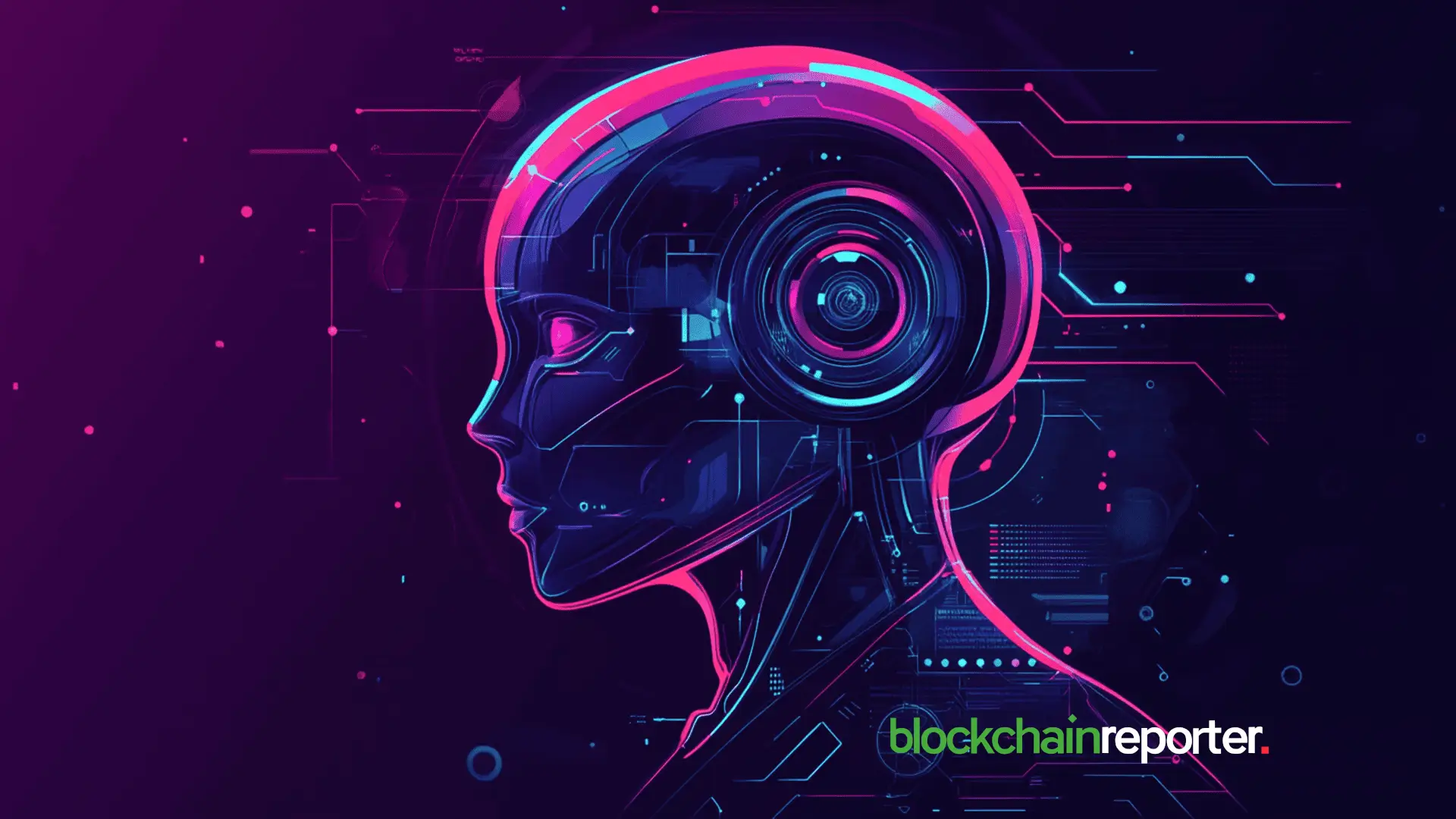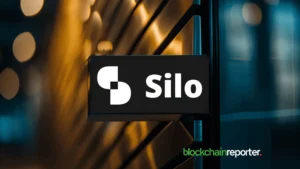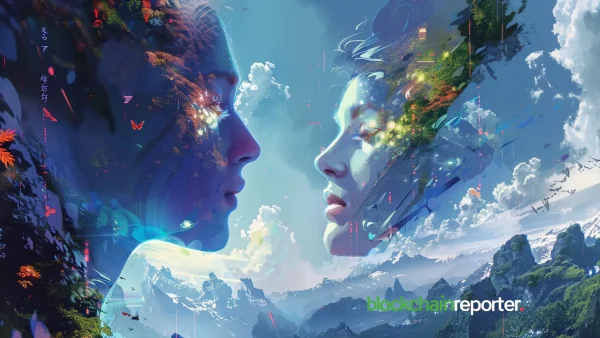
In a recent development, the Chinese government has proposed new regulatory measures for artificial intelligence (AI) that highlight the significance of content regulation and licensing. This move was revealed in a report published by the Financial Times on July 11.
The Proposal from China’s Cyberspace Administration
According to sources familiar with regulatory plans, China’s Cyberspace Administration (CAC) plans to implement a framework that mandates local firms to secure a license before deploying generative AI tools. This new proposal marks a further tightening of the preliminary draft regulations that were made public by Chinese officials in April. The initial draft permitted companies to register their product with authorities within ten working days of its launch.
Imminent Release of Updated Regulations
It’s expected that the proposed licensing system will be incorporated in the forthcoming regulations, set to be announced as early as the end of the current month, as per the sources cited in the FT report.
Mandatory Security Reviews and Content Control
The April draft regulations included compulsory security assessments of AI-generated content. The government’s draft document stipulated that all content should align with the core socialist values, prohibiting content that undermines state power, promotes the overthrow of the socialist system, incites separatism, or threatens national unity.
Impact on Major Chinese Tech Companies
Notable Chinese tech and e-commerce giants, Baidu and Alibaba, both launched AI tools this year. Alibaba’s AI tool has even been compared to the widely recognized AI chatbot, ChatGPT. The FT report suggests that both companies have been liaising with regulators over the past few months to ensure their products comply with the evolving regulations.
Responsibility for AI-Generated Content
As part of the proposed rules, Chinese authorities are set to hold tech companies that develop AI models accountable for any content generated using their products. This further underlines the government’s commitment to maintaining strict control over AI-generated content.
Global Regulatory Trends for AI-Generated Content
Regulation of AI-generated content is not confined to China. Around the globe, regulators are advocating for stricter controls. In the United States, Senator Michael Bennet has proposed that tech firms developing such technologies should label AI-generated content.
In a similar vein, Vera Jourova, the European Commission’s Vice President for Values and Transparency, has voiced her belief that generative AI tools, which could potentially be used to spread disinformation, should be required to label the content they create. This, she suggests, could help mitigate the proliferation of disinformation.









